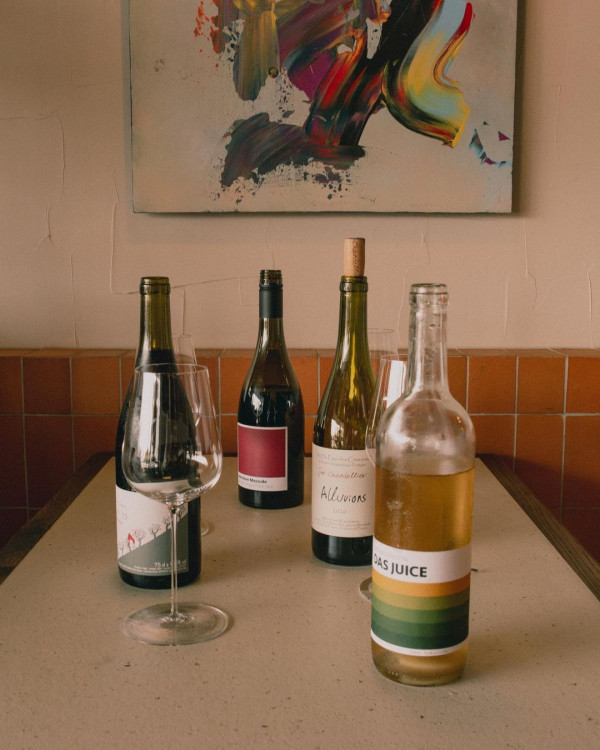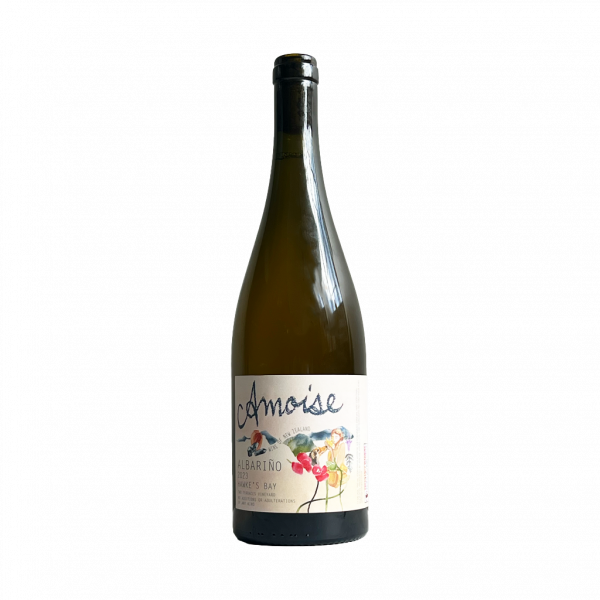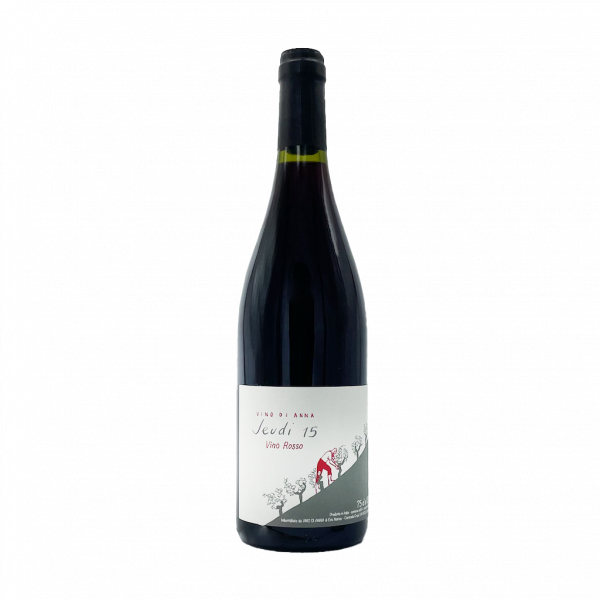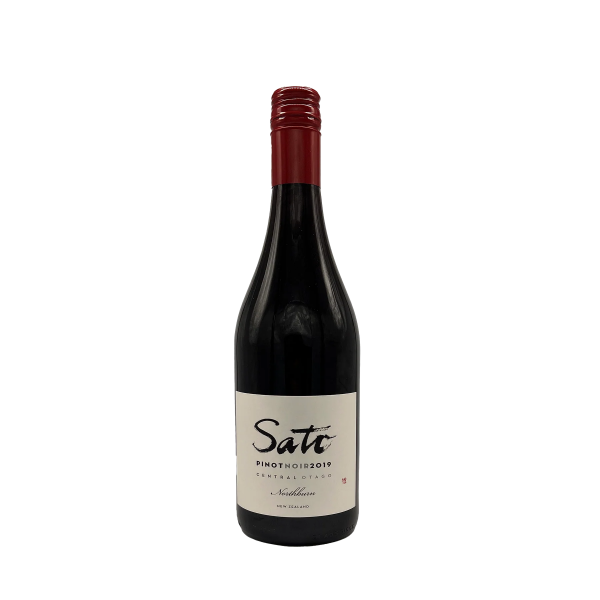A beginner's guide to natural wine
‘Natty wine’ is the viticulture buzz word of the season. In the last couple of years you’ve likely seen most, if not all of your local haunts adopt the term. You’ve probably even seen trendy bars open solely with the purpose of selling said buzz word, so what is it? If your knowledge of this pour extends as far as knowing that the labels are begging for an Instagram post, we’re in a similar boat. Putsimply, natural wine is wine made with little to no chemical intervention, as forwhat that means, we asked local expert James Pryor of Everyday Wine.

What is Natural Wine?
Natural Wine is the broad term given to organic wines that have been made without additions or alterations. The natural wine movement began as a response to the heavily altered, adjusted wines in the mass-market. A lot of the wines you can buy in the supermarket are tinkered with - either while growing the grapes (pesticides, sprays etc) or during the winemaking process (additives including food colour, sugar, flavour enhancers, preservatives). It was all about stepping back from this industrial approach and just letting the grapes do their thing, making wines that were smaller-scale, individual and just as much about the time and place as about the grape variety.
What does ‘Funky’ mean?
This is a catch-all term to describe anything different to the norm, whether good or bad. Most of it is in the complexity and difference in aroma which comes from wild or natural fermentation, but some people apply this term to flavours and smells whether different for the better or worse. Some people love a bit of funk, others not so much. Not all natural wines are ‘funky’, and not all ‘funky’ wines are natural. Like anything, there are good and bad nattys, and it’s subjective too!
What’s a Pet Nat?
Short for ‘Pétillant Naturel’ or ‘naturally sparkling’ this is an ancient style of sparkling wine that has made a bit of a comeback in recent years. It’s a sparkling wine that has finished its first fermentation in the bottle, rather than in tank or barrel, so it tends to be fruitier and less bready and savoury than Champagne-style méthode. It’s gentle, delicate fizz, and tastes more like the grape it was made from. Pet Nats can be great party starters, and also go well with snacks and entrees.
What’s an Orange Wine?
Essentially it’s a white wine, made like a red wine. White wines are made by pressing the grapes, leaving the skin behind, and fermenting the clear juice. Red wines are left to macerate (steep like a tea) on their skins. Orange wines are the same - white grape varieties made with the skins on. They can be confronting at first, with savoury or bitter notes you might not be expecting. But a well-made orange wine can be like a good negroni! Balanced and complex. Orange wines are great for cutting through fatty foods like fried chicken, and also go really well with spicy food. Take one to your next BYO!

James recommends:

Orange:
Amoise Amphora Albariño
If you want to dip your toe into skin-contact wine, this would be a great place to start. A refreshing, spicy, textural and slightly salty wine, begging for a tin of sardines to accompany.

Chilled Red:
Vino di Anna ‘Jeudi 15 Rosso’ – Wine that makes you feel alive! Pure electricity in the glass,fresh raspberries, sour cherry and blood orange. Joyful. Chill down and drink on a hot sunny day.

Red:
Sato ‘Northburn’ Pinot Noir - Sato are one of the pioneers of the NZ natural wine movement, and honestly, everything they do is fantastic. Northburn is very much a fine wine that is made naturally. This isn’t your dad’s Pinot - it’s fresh and intense, but also delicate and complex.


